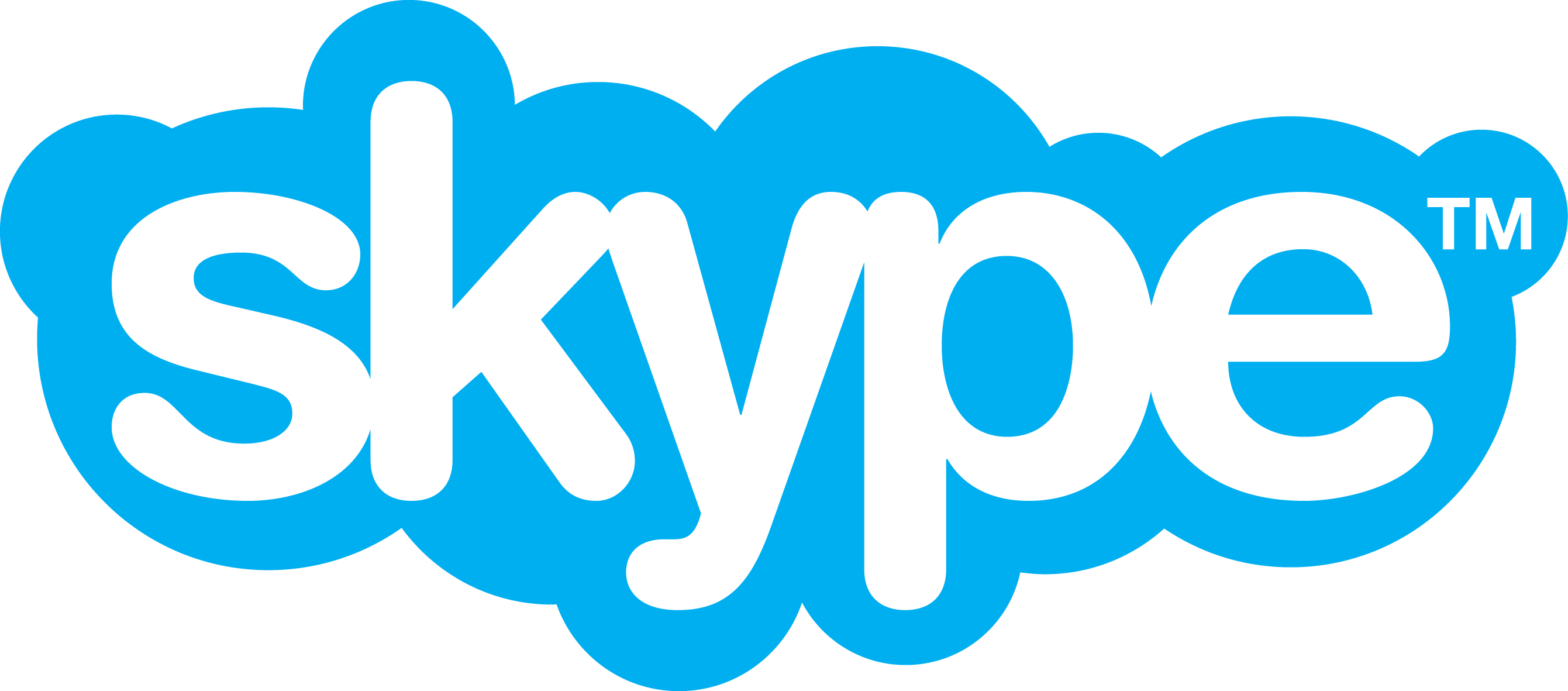The Magic of Skype Plays an Integral Role in Reconnecting Displaced Refugees
The moment when we discover our destiny is huge. For David Mikkelsen and his brother Christopher, this moment came through a chance encounter in Denmark with a young Afghan refugee named Mansour. Following the meeting, the brothers worked feverishly for four months, sifting through paperwork and cold-calling government agencies for information about Mansour’s brother. Success came when they located him in a small town in Russia. After six years of separation, Mansour and his brother came face-to-face via Skype. The Mikkelsens quickly realized there was an urgent need for a family-tracing platform and in 2008, Refugees United was born.
It’s easy for us to take for granted our access to family and friends. When we want to see someone, we make plans to meet nearby or hop on a video call without even thinking twice. However, today is World Refugee Day and it’s the perfect time to remember that those in war-torn countries are often displaced with little food, shelter and water — not to mention, a lack of communication tools. Refugees United is a tech non-profit with the mission of reconnecting separated families across the globe. The Refugees United platform – www.refunite.org – is free and accessible via a computer or mobile phone. Refugees United empowers families to take the search for missing loved ones into their own hands — and when they are found, the organization facilitates communication through email, phone calls and Skype.
With just 20 employees, Refugees United is not nearly the size of other well-known relief organizations, but the tight-knit, hardworking team leverages modern technology to make a big impact. The database contains searchable profiles of more than 185,000 users. Says David Mikkelsen, “This is a very fast and growing number, because although we live in an extremely connected world, that’s just not the case for hundreds of millions on the planet.”
Another way Refugees United closes the distance with technology is within the organization. Employees are based all around the globe, many of them traveling on a regular basis to remote locations — and they rely on Skype to function as a cohesive team. Mikkelsen shares, “We have an organization that before technology would cost enormous amount in resources… but with Skype it’s possible for us to do our board meetings, do our interviews, and our everyday strategy sessions [via Group Video Calling].”
Refugees United is able to bridge the technology gap by tapping into web, USSD and SMS technologies, which are all powered through the mobile network. This allows the team the ability to register refugees in their database — even in refugee camps with no Internet access and countries where computers are mostly nonexistent. Initially, reconnected family members communicate mostly through mobile, but tend to later gain access to the internet through internet cafes or borrowed computers, when they then arrange to see their loved ones via Skype. For Mikkelsen, who has witnessed countless reconnections between loved ones, each occasion is special, “Everyone has the right to know where their family is. When we have families see each other for the first time on Skype, it’s heartbreaking in a very good way, in a very good sense. Somehow a picture really speaks a thousand words and it just becomes so real for them.”
When asked to recall a special moment from his work over the last five years, he said, “I remember this one little girl that was just standing looking at her father on the screen with her mom and she kept touching the screen. It just gives you an idea of just how real it suddenly becomes.”

